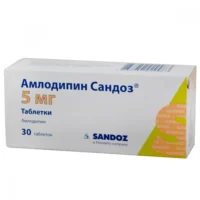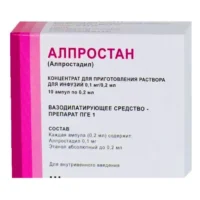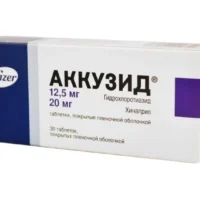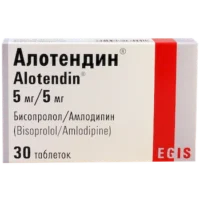Description
Renial (Eplerenone) Coated Tablets 50 mg. №30
Ingredients
- Active ingredient: Eplerenone 50 mg.
- Other ingredients: lactose monohydrate, corn starch, hypromellose, magnesium stearate, titanium dioxide, polyethylene glycol.
Dosage
Adults: The usual starting dose is one 50 mg tablet once daily. Dosage may be adjusted based on individual response.
Indications
Renial (Eplerenone) tablets are indicated for the treatment of essential hypertension and heart failure post-myocardial infarction.
Contraindications
Do not use Renial tablets if:
- You are allergic to Eplerenone or any other ingredients in the product.
- You have severe renal impairment (eGFR less than 30 mL/min/1.73 m²).
- You are taking potassium supplements or potassium-sparing diuretics.
Directions
Take Renial (Eplerenone) tablets orally with or without food as directed by your healthcare provider. Do not crush or chew the tablets.
Scientific Evidence
Eplerenone, the active ingredient in Renial tablets, is a selective aldosterone blocker that has shown efficacy in reducing cardiovascular mortality and morbidity in patients with heart failure and left ventricular dysfunction post-myocardial infarction. Clinical trials have demonstrated the benefits of eplerenone in improving outcomes and reducing hospitalizations in these patient populations.
Additional Information
Pharmacological Effects: Eplerenone works by blocking the effects of aldosterone, a hormone that can contribute to heart failure and hypertension. By blocking aldosterone receptors, eplerenone helps reduce sodium and water retention, leading to decreased blood pressure and improved heart function.
Comparative Effectiveness: Eplerenone has been shown to be as effective as spironolactone, another aldosterone antagonist, in the treatment of heart failure. However, eplerenone may have a lower risk of certain side effects, making it a preferred choice in some patient populations.





